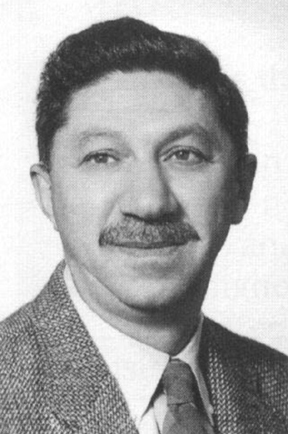
American psychologist Abraham Maslow realized that the theories of Freud and Jung had been developed through studying people who considered themselves to be sick or to have problems of some kind. The same kind of attention had never been given to those who felt healthy, sane, and fulfilled.
Maslow decided that this potentially meant that the various psychoanalytical approaches might be unbalanced or incomplete and undertook research to rectify this.
He discovered that people from all ages, genders, and backgrounds reported what he came to call “peak experiences,” a phrase that has passed into general cultural vocabulary. In all kinds of different circumstances, a sudden feeling of extraordinary well-being and elevated sensibilities might descend on people.
For example, a young drummer talked of occasions when, after extensive practicing, he suddenly found himself in a superb focused state where it was as if the drums played themselves.
There are now so many reports of similar phenomenon in sport that a whole literature and psychology has grown up around it.
A mother preparing breakfast for her husband and children went into a state of profound joy and fulfillment when a ray of sunshine suddenly lit the scene. It seemed to simultaneously illuminate her higher emotions. She felt profound gratitude for what her everyday consciousness had started to take for granted.
Once peak experiences were discussed, people began to remember many others. They also started to have new ones with increasing regularity. The psyche responds readily to all intimations of transcendent wholeness.
Maslow believed that the ground can be prepared for them but they can’t really be induced to order. The preparation involves meeting the demands of what he called the Hierarchy of Needs. We have primal desires for food, shelter, and breeding.
Freud developed a whole theory of human behavior and the nature of society on the basis of these factors, feeling they were sufficient to explain everything. Maslow believed that if the basic needs are met, there is another dynamic that arises and also requires urgent fulfillment.
He called it “Self-Actualization”. People need to have a sense of inner worth, of distinct individuality, of growth. Some kind of creativity seeks expression. Denial of these urges produces alienation, inertia, all manner of dysfunctional grief.
Colin Wilson knew all about this problem. His first book, cult classic The Outsider, was a study of the self-destructive path of many confused artistic types who had sought an outlet for their inner dynamism in a society that could not adequately accommodate them. Wilson went on to write an Outsider series.
One of them, The Age of Defeat, attracted the attention of Maslow in 1959 and the two began to correspond.
Wilson had railed against the sense of doom and despondency that characterized European cultural thought. It led to people feeling passive, insignificant, and unable to lead a happy life or make a difference in the world.
Colin Wilson considered this to be a fundamentally flawed and dangerous attitude. Maslow told a story about how he had once asked one of his student classes which one of them would make significant contributions in their field in the future. None had raised their hands. “If not you, who will?” They got his point.
Eventually Colin Wilson wrote one of his most important works, New Pathways in Psychology, on “Maslow and the Post-Freudian Revolution.” Where Wilson diverged from Maslow was in his belief that we don’t have to wait for the peak experiences. We have many ways to cultivate them as part of intentional self-actualization, a kind of new existentialism. The study of the psychology of health and sanity should form a vital part of any education.
Abraham Harold Maslow (1908-1970) was an American psychologist best known for creating Maslow’s hierarchy of needs. Paul Weston is British author, lecturer, Tour Guide and Blog Talk Radio presenter. Excerpted from www.paulwestonglastonbury
Paul Weston






